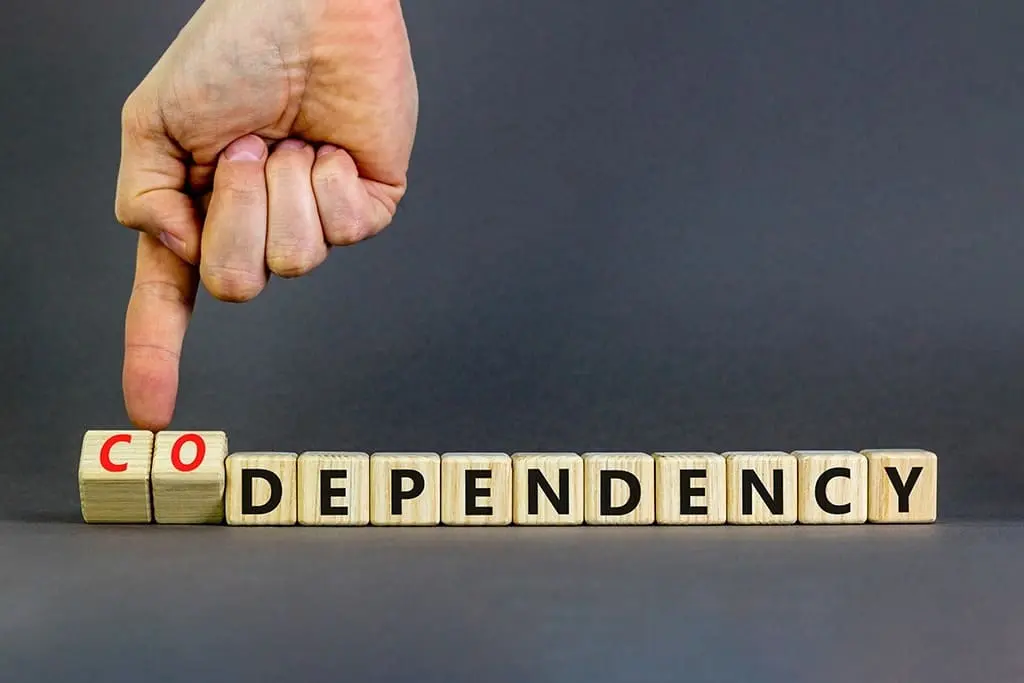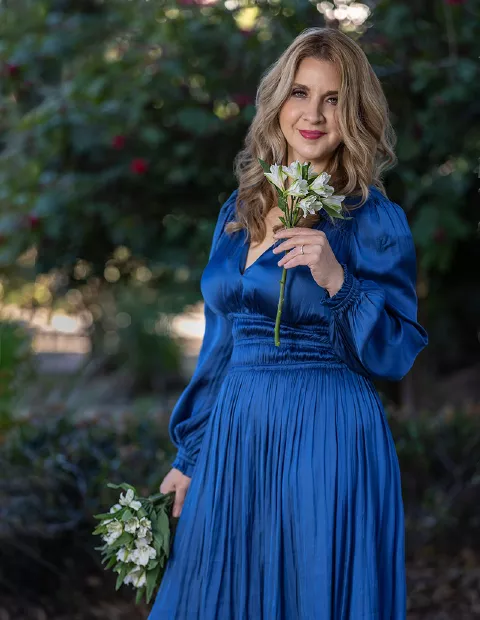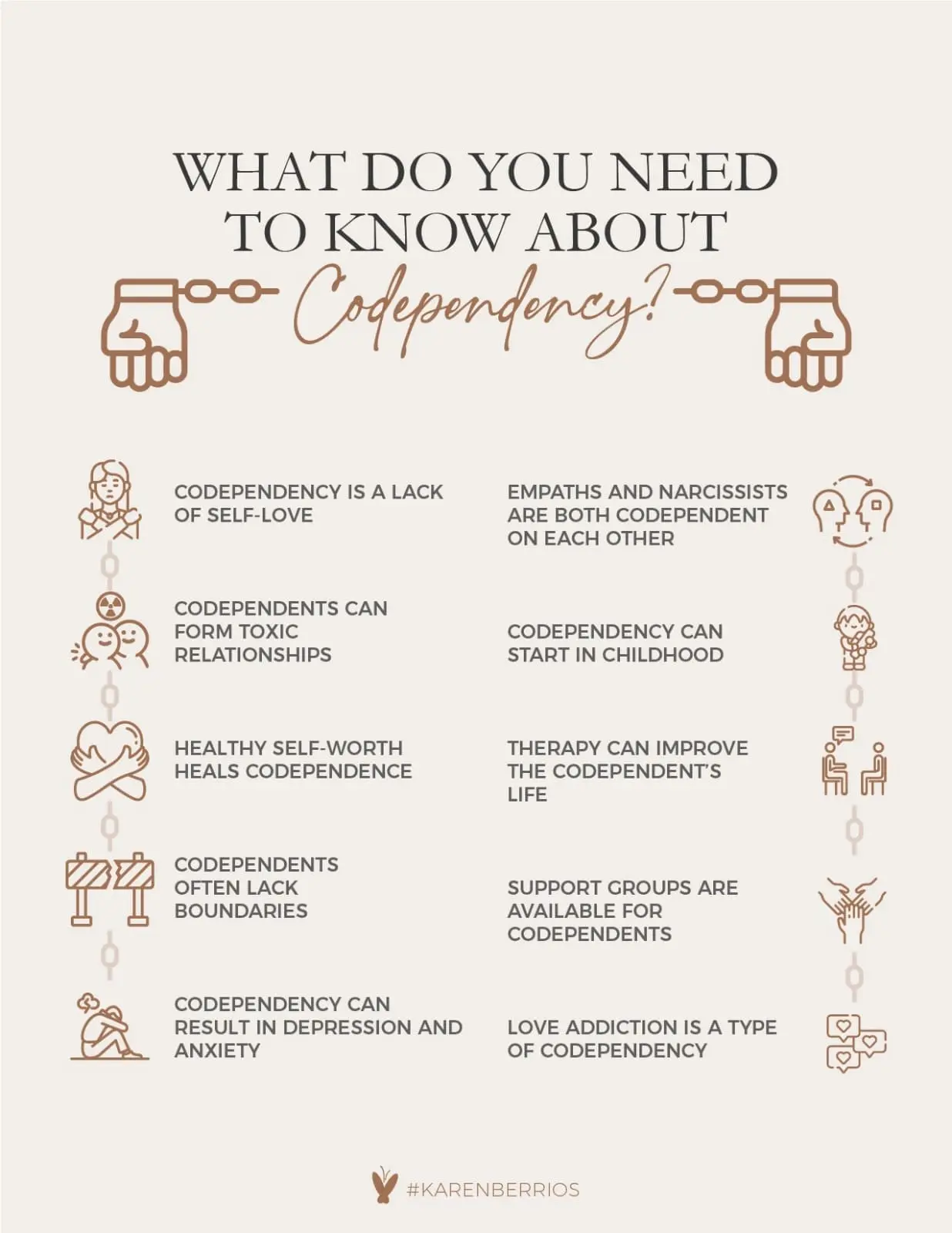

What Is Codependency and How Do You Heal it?
Codependency Defined
What Is Codependency. Codependency is a condition characterized by a lack of self-love, with a tendency for someone to seek it outside themselves. This is a basic definition of what codependency is. However, it can make someone reliant on someone else to give them that love they lack. This can be to the point of trauma or distress. VeryWellMind states codependency reflects a person who is mentally, emotionally, spiritually and physically dependent on someone.
Because of this deep-seated need to connect to someone else for a sense of wholeness, codependency can find themselves in toxic relationships. They may forgo their better judgment, and seek out someone who they unconsciously wish to change, control or gain approval from. The lack of boundaries can also make someone suffer in relationships.
Codependency can also create uneven power imbalances in relationships.
An example of a codependent relationship can exist between a people pleaser and a demanding, selfish or controlling partner. The codependent wants to be accepted and may jump through hoops to appease the controlling partner.
Another common example of codependent behavior occurs between someone with an addiction (either chemical or behavioral) or a personality disorder (Narcissistic Personality Disorder) that can make them seek out caring partners. Here, the codependent fills voids, or cares for the person to the point of losing themselves. This example is a challenge, because in cases of addiction, the codependent may not get the love they seek as their loved one is emotionally unavailable.
Someone may not realize they are codependent until they reflect on their relationship dynamics. Even then, discovering they are codependent may be a hard pill to swallow. This would mean deep diving into one’s wounds and triggers to better understand and heal them.
Toxic Codependent Relationship Dynamics: The Giver and the Taker
There are several types of codependent relationships and codependent people. According to PsychologyToday.com, codependency often mimics relationship dynamics where someone gives, and the other takes. Typically, codependent relationships often occur romantically. However, these relationships can be between friends, family members, or colleagues.
Because of the codependent’s need for love, acceptance or reassurance, they end up in one-sided relationships. Behaviors that keep these people stuck in these relationships where they don’t get their needs met can look like them giving to people who don’t value them. Additionally, it is not uncommon for codependents to sacrifice their needs and happiness to make someone else happy.
Codependents can look like people-pleasers in relationships. They may, for example, have a hard time saying no to requests or demands for time, money or other resources. In the example of addiction, a codependent can be an enabler or someone with a drug addiction. Moreover, they may give the loved one money, or make excuses for them to continue drug use so they can take care of them.
This relationship cycle can include the giver having resentment toward the taker. The taker may continue to take advantage of the giver due to their lack of boundaries. If the codependent is in denial, they may continue to seek out relationships that undermine their self-worth with those who abuse or leverage their giving nature.
Last but not least, the codependent can also submit to their partner’s demands to be accepted. They may have a poor self-image and don’t know how to validate themselves. As such, they turn to their partner for validation or turn to friends to fill that void. The controlling partner may withhold affection or love or praise, making the codependent person struggle and work for their affection. This can further anxiety or stress.
Toxic Codependent Relationship Dynamics: The Empath and The Narcissist
A second type of codependent relationship is between the empath and the narcissist. Here, the empath seeks to love or heal the narcissist by accepting abuse. They are in denial of the harm the narcissist causes, or if they are away, find it hard to leave the relationship.
The codependent may make excuses for the narcissist’s behavior, citing childhood wounds and them not being properly loved as a reason for tolerating their abuse. Sometimes, the codependent may not be aware of the role they play in their relationships with a narcissistic person.
On the other hand, the narcissist needs the empath to feel powerful, a sense of validation or as supply. In an around-about way, the narcissist is codependent to the empath but goes about extracting supply in a harmful way. In this case, serious therapy and a professional diagnosis of both Narcissist Personality Disorder and boundaries for the empath can create a balanced relationship.
Signs of Codependency
There is a difference between codependency and dependency, thus, all codependents and dependent people may not struggle with their self-worth. Dependence, for instance, is normal on some level. We are all dependent on others to a degree. However, for most, their self-esteem or identity does not surround needing to be needed by someone or fixing someone.
For the other type of codependents who crave relationships and suffer from love addiction, they may connect with those who bring them down. They may obsessively think about their partner and cannot function without them. For codependents, it does, and it occurs to the point of causing anxiety, depression, stress or unhappiness. In fact, signs of codependent love addicts include:
- Compromising on values to keep the peace or a relationship
- Blind to the toxic elements of the relationship
- Poor self-esteem or confidence
- Relationship indecision
- Making excuses for their partner’s bad behavior
- Prioritizing others or the relationship over the self
- Fearing being abandoned or rejected by partner
- Obsessions with approval or relationship security
- Neglecting self to take care of other
- Sacrificing themselves or their needs for others
- Loyal to a fault
- Poor boundaries
- A need to control their loved one
- Poor boundaries and taking on partner’s emotions as their own
Recognizing the signs and getting professional help is best. There is always hope and the sooner someone heals it, the more peace they can find.
How to Heal Codependency and Self-Worth
Is it possible to be codependent and have high self-worth? Do all codependents have low self-esteem? These questions are common and allow people to understand its effects. First, it’s vital to understand a lack of love fuels the codependent to seek external validation. Thus, improving their relationship with themselves is a key step to building better relationships. Anyone who believes they are valuable and their personal validation is just as good as anyone else’s can encourage them to develop inner strength.
Codependency creates a strong feeling of attachment or dependence on someone. So what is the opposite of this? Some may believe being independent would be correct. While independence allows for someone to rely on self because they are confident and self-assured, this is not the end goal for codependents. Ultimately, they want to increase their self-love so they can have better relationships and better self-worth.
Developing self-love can range from using affirmations to clear negative programming. It can also include learning new skills to build self-confidence. Next, unearthing fears around relationships with journaling can unmask why they exist. Attending therapy or support groups like Codependents Anonymous (CoDa) provides peer support for growth.
Additionally, developing a spiritual practice can provide someone with a new perspective of their inherent value. Finally, being alone in a healthy way, meaning going a few months without relationships, and becoming more interdependent can build resilience for codependents.
Key Takeaways
Codependency can create one-sided relationships full of resentment and feeling drained. However, it doesn’t have to be a lifelong challenge. First, educating oneself can reduce the denial or pattern of toxic relationships. Then, improving personal development by having strong boundaries, making oneself a priority (or practicing healthy selfishness) and getting counseling can help.

hey there
I'm Karen!
I have found my cancer journey to be a positive and profound transformational experience. I’m inspired to share my healing journey here, and trust you’ll find hope, encouragement and purpose as you discover the healing power that lies within you.
Join
The Mailing List!
By signing up for my newsletter, you agree with our Privacy Policy and Terms & Conditions.



